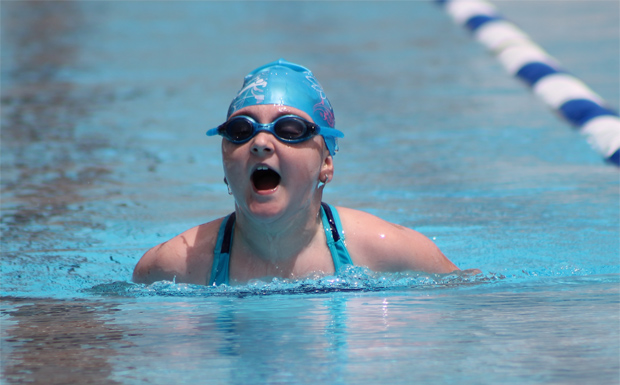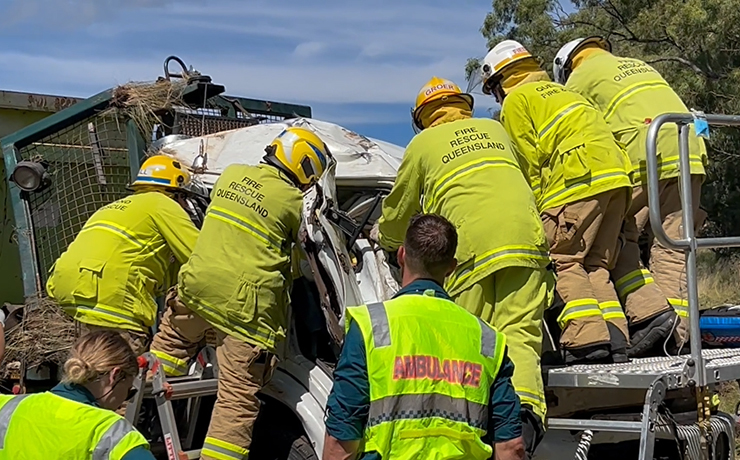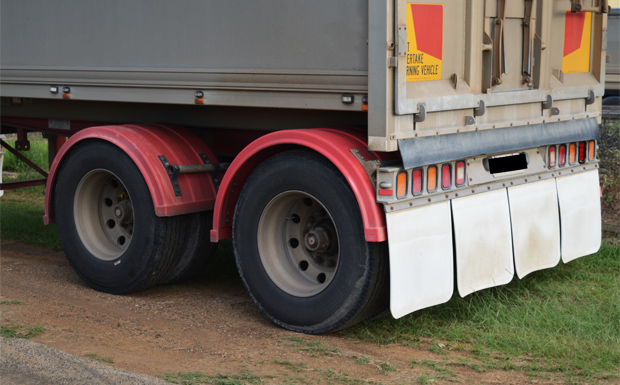
September 25, 2013
South Burnett residents have been urged to keep alert for signs of heat-related illnesses as the region heads into the summer months.
Toowoomba Hospital Executive Direct Dr Peter Gillies said as the days heat up towards the 40 degree mark, it is important people looked after their health by staying cool and hydrated.
“Coming out of cooler days/weeks and straight into a heat event can catch many people off guard,” he said.
“People who regularly work outside and in direct sunlight will obviously feel it most and need to make sure they cover up responsibly, drink plenty of water, stay away from caffeine/sugary drinks and try to ensure they take breaks in a shaded or cool place.”
Dr Gillies said everyone should be aware of the need to drink more water during hot days, as the effects of overheating on the body can vary from heat rash and cramps through to heat exhaustion or heat stroke.
“During hot days your body craves hydration and will let you know if you are not drinking enough water. From headaches to your urine being a darker yellow these are all signs you need to increase your fluids.”
Dr Gillies recommended the following measures to prevent heat-related illnesses:
- Drink plenty of fluids, cool water is best. Don’t wait until you are thirsty to drink but drink regularly throughout the day
- Urine colour is a good guide to hydration; it should be clear to light straw-coloured, not dark or gold
- Stay indoors in very hot weather, preferably in an air-conditioned building or ensure there is good air flow with fans and open windows
- Public venues, such as air-conditioned shopping centres and pools, can provide refuge from the heat
- People can also stay cool by taking cool showers or baths; soaking their feet in a basin of water or wetting a bandana or washer and wrapping it around their neck
- Take time to adjust to the environment, pace yourself and limit strenuous outdoor activity.
Dr Gillies said certain groups of people were more prone to heat-related illnesses including the elderly, infants, overweight and obese people, pregnant and breastfeeding women and people with some pre-existing health conditions.
“Monitor family, friends and even neighbours who may be more prone to heat-related illness. Check on them and make sure they are ok.”
Dr Gillies said heat exhaustion usually develops over a couple of days and symptoms may include muscle cramps, heavy sweating, paleness, dizziness, nausea or vomiting and fainting.
“Heat stroke is the most serious heat-related illness and has the potential to be life threatening,” he said.
“Symptoms of heat stroke are similar to heat exhaustion but the person may also have an extremely high body temperature; red, hot, dry skin, but possibly some clamminess; a rapid pulse; headache and confusion.
“Cool the person down urgently with a cool shower, bath or sponge, or even spray them with cool water from a hose. Loosen their clothing and have them rest in a cool place. Provide cool non-alcoholic fluids, but only if you are confident they can swallow.
“Avoid drinks high in sugar.
“If heat stroke is suspected, then the person will need urgent medical attention. Or if the person has blood pressure or heart problems, seek medical advice immediately.”























